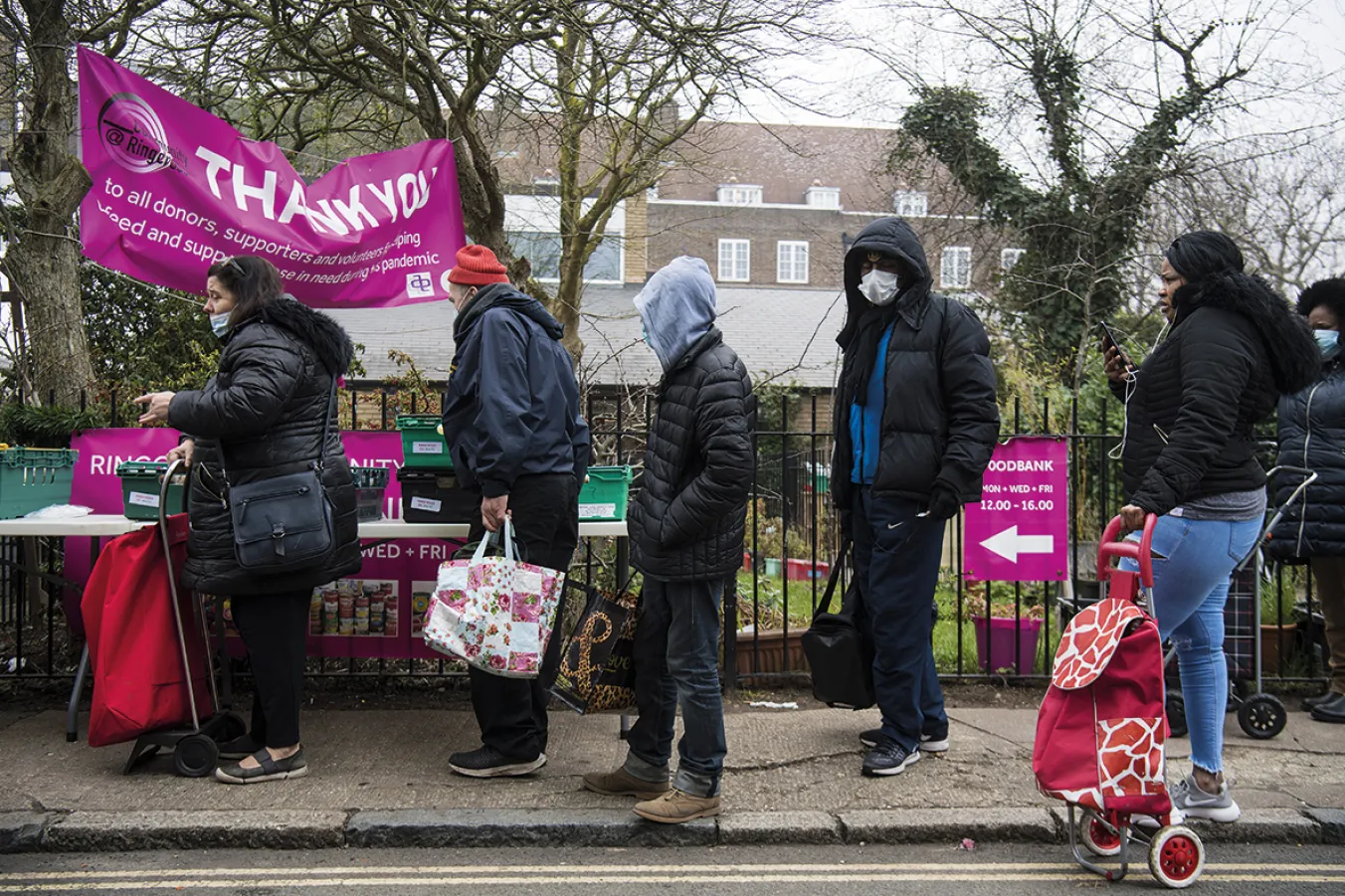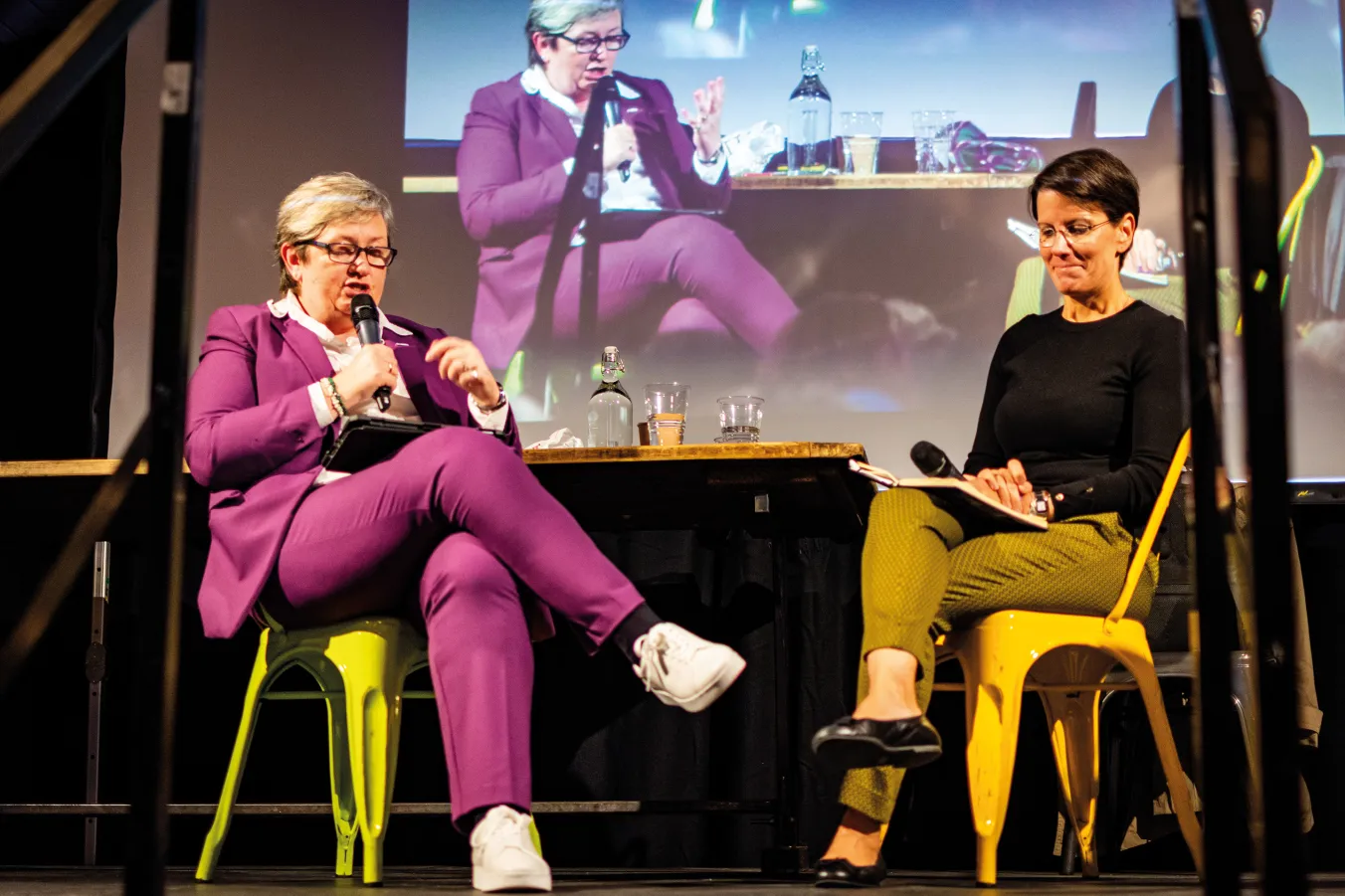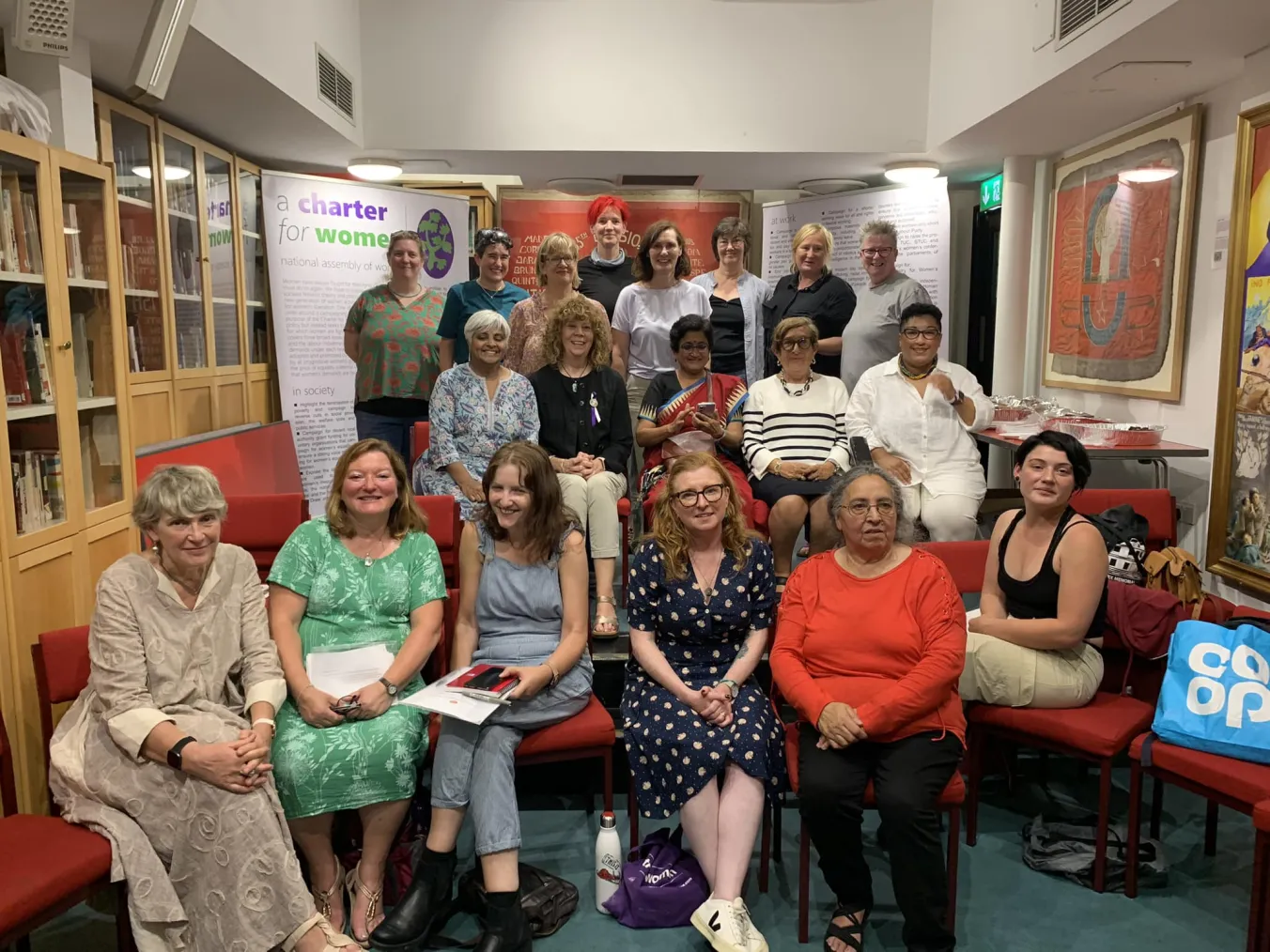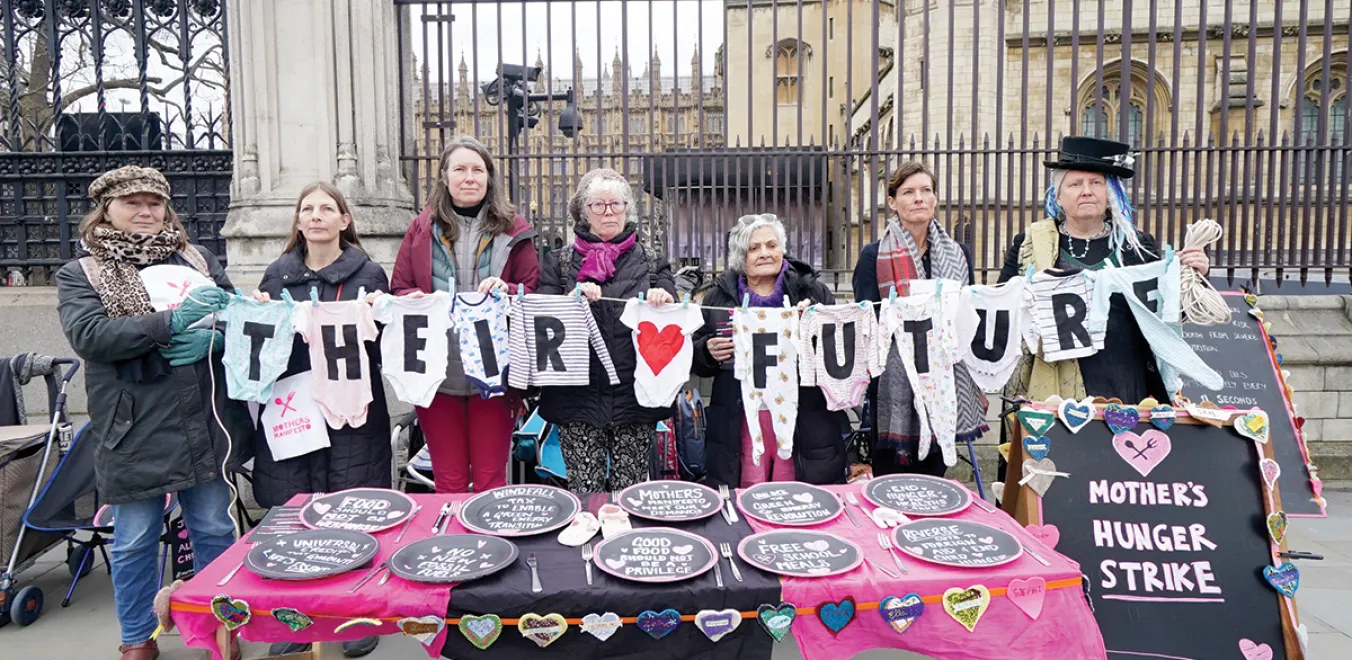
FOUR weeks in from Rishi Sunak’s increasingly fratricidal decision to call a snap election, the country is still waiting on the main political parties to set out any kind of vision that will tackle the deep-seated poverty that affects so many, as well as its manifestations and its causes.
Research figures from the House of Commons Library outlines the scale of the problem. Prolonged austerity and a shift of wealth from the bottom to the top resulted in 11.4 million people (17 per cent) in relative poverty before housing costs during 2022-23, and 14.3 million after housing costs (21 per cent). This includes 3.2 million children (22 per cent) before housing costs and 4.3 million after housing costs (30 per cent).
The number of people unable to meet their basic needs is shameful. According to the Joseph Rowntree Foundation, “Destitution, where people cannot afford to meet their most basic physical needs to stay warm, dry, clean and fed — was sitting at around 3.8 million people who experienced destitution in 2022, including around one million children.”

















